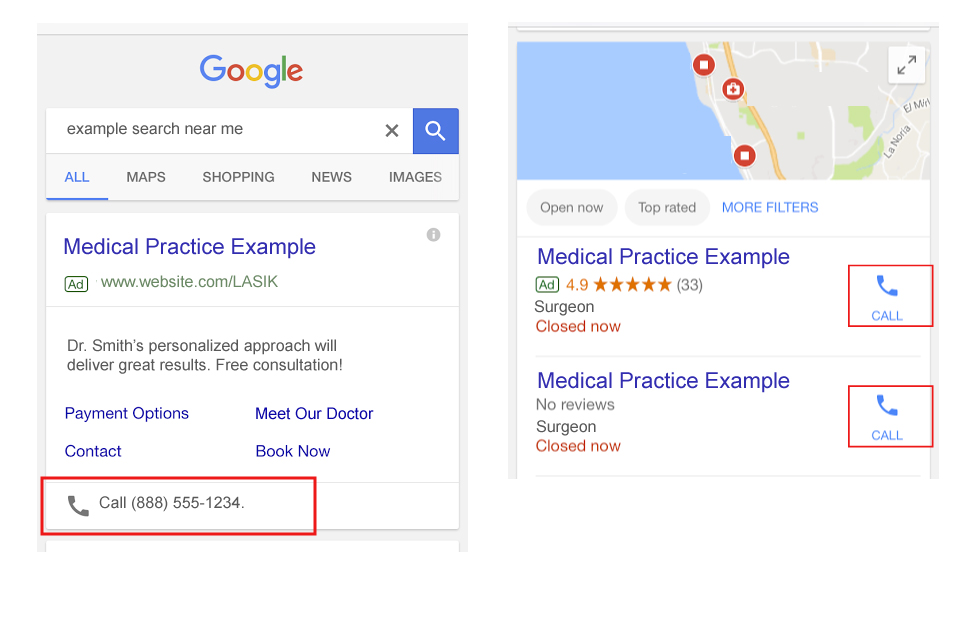
Remember when the phone was just used for calls? The role of mobile phones is quickly evolving as more and more consumers increasingly rely on their device to connect with others, solve their problems, and learn more about the world around them. As these shifts take place, here’s what it means for your practice.
1. Mobile-Friendly is Now Mobile-First
If you’ve been hitting the snooze button on optimizing your business for mobile, you need a new alarm clock. People are increasingly searching for content on their mobile device versus on their desktop computer. So much so, Google recently announced it will switch website indexing from desktop usage to mobile for its search engine result pages (SERPS). This means it will now look at the mobile version of your website before it looks at the desktop version when determining how to rank your website in search results. Put simply, mobile is no longer an after-thought, it’s the priority.
You may be asking yourself “What if I don’t have a mobile website?” In short, you do. Google will look at anything that can be pulled up on a mobile device – even if it looks terrible. You can quickly learn how your site is performing by typing your web address into Google’s Mobile-Friendly Test.
2. The Phone as the Guide to Solving Problems
- 80% growth in mobiles searches using the word “best”, such as “best plastic surgeon.”
- 80% growth in mobile searches using “should I”, and 60% growth in adding “for me.” Examples being “How often should I wash my hair?” and “Houses for rent near me.” This indicates the increased need for personalized results.
Consumers now turn to the convenience of their phone for the type of advice they would have typically asked of a friend. In doing so, there’s the expectation their search will find relevant, personalized and meaningful information quickly. Ensure your medical practice is creating content that answers pressing questions and builds credibility.
3. Direct Connection
While your website is critical when prospective patients are still researching, there are times when they may bypass it all together to get in touch with you directly. Google’s research that shows 70% of mobile searchers call a business directly from search results.

Their data further points out the ability to easily call not only helped drive their purchase, it was an important part of brand perception. Nearly half of mobile searchers indicated not having a call option would cause them to be frustrated and likely to turn to a competitor.
It’s safe to say as more consumers continue to rely on their phones to solve their problems, it’s imperative you evolve with them. No longer can mobile be put on the back-burner – it needs to be the top priority.
If you’re looking for strategies that can help you put mobile-first, OptiCall can help. Our robust platforms are designed to maximize the patient experience and convert more leads into booked appointment. To learn more, call us at (877) 238-0555.
